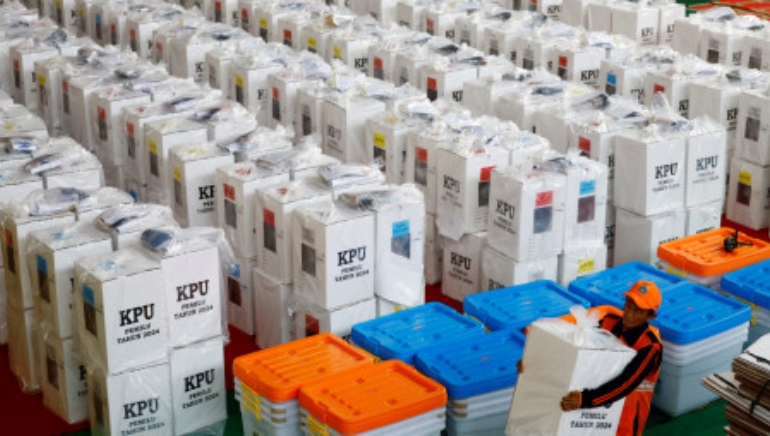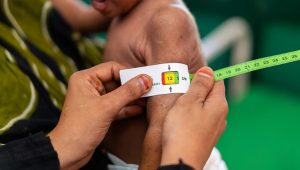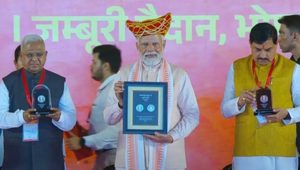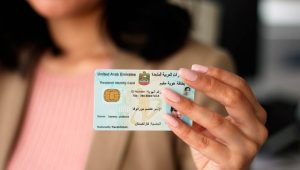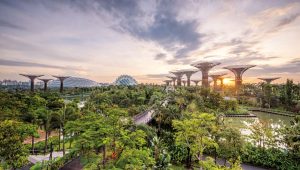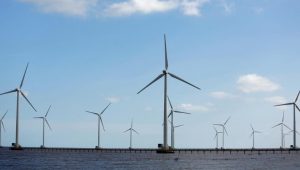Indonesian authorities are geared up for today’s election, deploying 25,000 police to ensure security. The election marks a milestone in the country’s democratic journey since the end of authoritarian rule 25 years ago.
Overseeing economic growth and stability, President Joko “Jokowi” Widodo has established Indonesia as a hub for international corporations in the supply chain for electric vehicles. However, in the run-up to the election, complaints of political involvement and attempts to create a political dynasty have emerged. Jokowi isn’t endorsing any one candidate, but his relationship with Prabowo Subianto—a former special forces commander whose son is a vice president candidate—has garnered media interest.
According to opinion polls, Defence Minister Prabowo might receive more than 50% of the vote and win hands-down.
There are still issues; weather warnings affect voting in West Java, and flooding forces Central Java to postpone voting. Accusations of election rule violations against Jokowi have stirred controversy, leading to protests against perceived democratic regression. After the fall of Suharto’s regime in 1998, student-led protests that marked Jokowi’s presidency initially represented a break from Indonesia’s political past.





